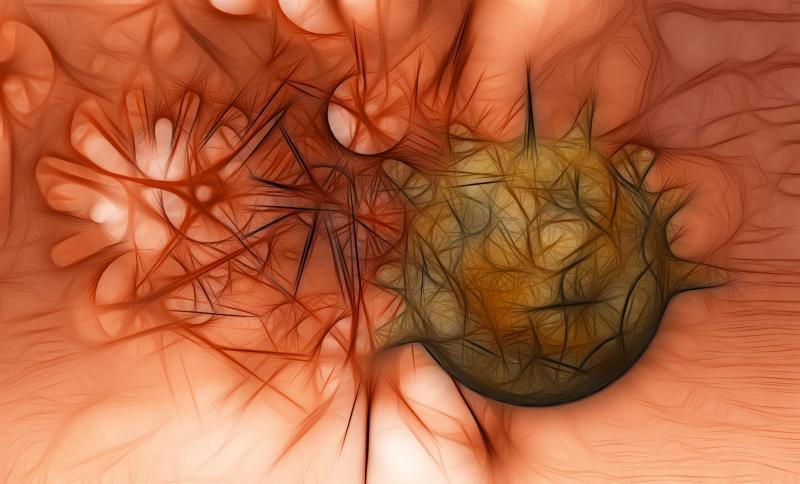
Treatment with anakinra appears beneficial to children with secondary haemophagocytic lymphohistiocytosis (HLH)/macrophage activation syndrome (MAS), especially when administered early in the disease course and to those who have an underlying rheumatic disease, as shown in a study.
Researchers reviewed the medical records of 44 anakinra-treated patients with secondary HLH/MAS. They collected data on demographic, clinical, laboratory and genetic characteristics, outcomes data, and concurrent treatments.
The cohort had a median hospitalization duration of 15 days. The mean pretreatment serum ferritin level dropped by 57 percent, from 33,316 ng/ml at baseline to 14,435 ng/ml within 15 days of treatment initiation. Overall mortality rate was 27 percent.
Mortality decreased when anakinra was initiated within 5 days of hospitalization (p=0.046) but increased in the presence of thrombocytopaenia (platelet count <100,000/μl; p=0.008) and STXBP2 mutations (p=0.012).
When analysis was stratified according to underlying diagnosis, patients with systemic juvenile idiopathic arthritis showed the lowest mortality, with no deaths recorded among the 13 patients who were included in the study (p=0.006). Conversely, those with an underlying haematologic malignancy had the highest mortality at 100 percent (n=3).
The present data indicate that the recombinant human interleukin-1 receptor antagonist anakinra has therapeutic potential in nonmalignancy-related sHLH/MAS patients, the researchers said. The drug is currently being evaluated in a randomized, placebo-controlled trial to treat sHLH/MAS in both children and adults.